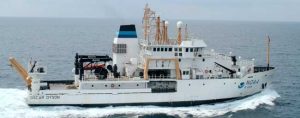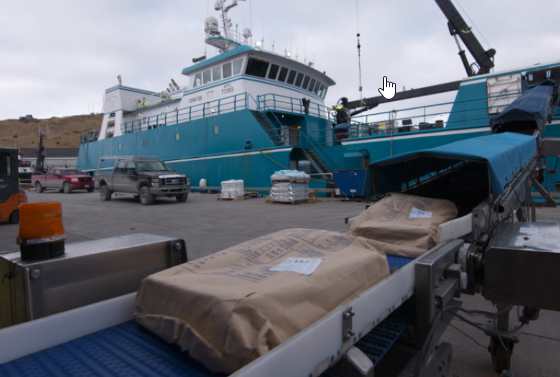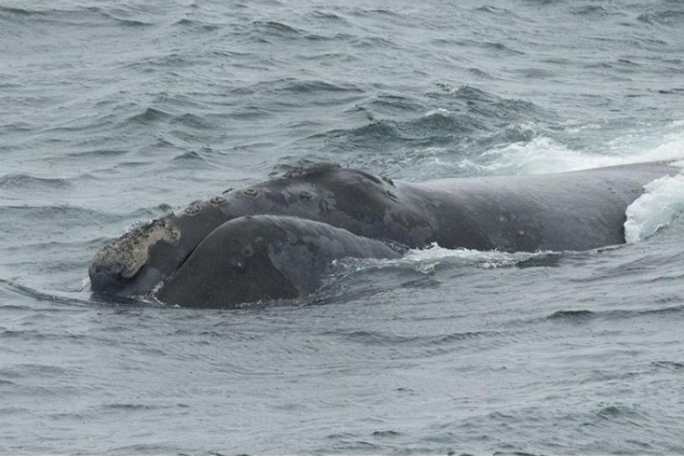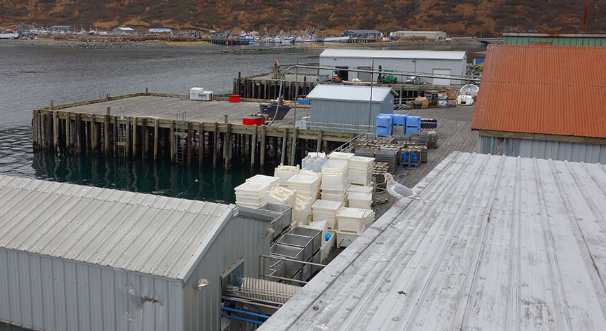
NOAA Fisheries is engaged in a multi-year effort to strategically respond to climate-driven changes in the environment, maintain fishery survey operating efficiencies and modernization efforts, and mitigate shifting survey needs. We continue to balance national priorities that ensure sustainable seafood by prioritizing collection of critical survey data: against a challenging economic environment where the rising cost of surveys and changing market conditions demand strategic pivots within survey activities to ensure critical data collection needs can be met. This year, the Alaska Fisheries Science Center (AFSC) will redesign and reprioritize effort in several of its surveys, while advancing the use of modern methods and technologies to more efficiently collect data and accomplish its research mission to support sustainable fisheries management. It will also suspend one survey resulting from shortfalls in cost-recovery to industry for conducting the survey related to the depressed economic value of the catch.
The AFSC is designing a new standardized annual bottom trawl survey for the Bering Sea over the next few years. It will combine the current eastern Bering Sea bottom trawl survey, the northern Bering Sea (NBS) bottom trawl survey, and portions of the historical eastern Bering Sea slope survey. The new, combined survey will provide more comprehensive species-level data products to stakeholders by better capturing the current spatial distribution of many key stocks of fish and shellfish in one survey area.
In FY24, the AFSC will not be conducting a NBS survey, and will prioritize the development of the new survey design. Field testing of the new survey design is needed to maintain data integrity by ensuring consistency and continuity of data collection with the historic time series. The NBS survey will resume as a biennial survey in odd years, beginning in FY25, following its original design, until the new comprehensive survey is developed. Ultimately, the newly designed survey will provide more comprehensive species-level data products to stakeholders by better capturing the current spatial distribution of many key stocks of fish and shellfish in one survey area. It will be conducted with greater efficiency, and more flexibility to be able to respond to changing environmental conditions due to climate change.
Also in FY24, the AFSC will reduce survey effort in three surveys to allow for implementation of a balanced research portfolio that includes high-priority ecosystem research and data acquisition in FY24 and FY25. Specifically, the Eastern Bering Sea Summer Acoustics survey (on the NOAA ship Dyson) will be reduced by 22 days, and the Eastern Bering Sea Bottom Trawl Survey and the Aleutian Islands Bottom Trawl Survey (both conducted on charter vessels) will be reduced by 9 and 20 days respectively. The FY24 reductions in survey days will be re-allocated to FY25 surveys. These reductions will maintain a balanced research portfolio that includes ecosystem research and support high priority work in FY25 with the least overall impact on mission.
Additionally, the Alaska longline survey will be suspended this year (FY24). Historically, the AFSC has been able to conduct this survey with industry through a cost-recovery effort. Proceeds from the sale of fish caught during the survey have been used to cover operating expenses and vessel charter costs. In recent years, the vessel operator has incurred losses due to the low economic value of catch. Pending market conditions, NOAA Fisheries and the AFSC are actively exploring options for conducting the survey in future years.
In the short term, NOAA Fisheries and the AFSC have identified ways to help mitigate the impact of survey effort reduction and data loss while supporting long-term strategic plans for responding to changing ocean conditions. This includes reprioritization to reduce sampling effort in some surveys while working to preserve data quality and implementing some measures over several years. In the long term, our broader survey modernization efforts, including the use of new technologies and survey methods, will lead to greater efficiency, flexibility and cost effectiveness in providing fisheries, ecosystem and climate data to better support adaptive fisheries management.
[content id=”79272″]








